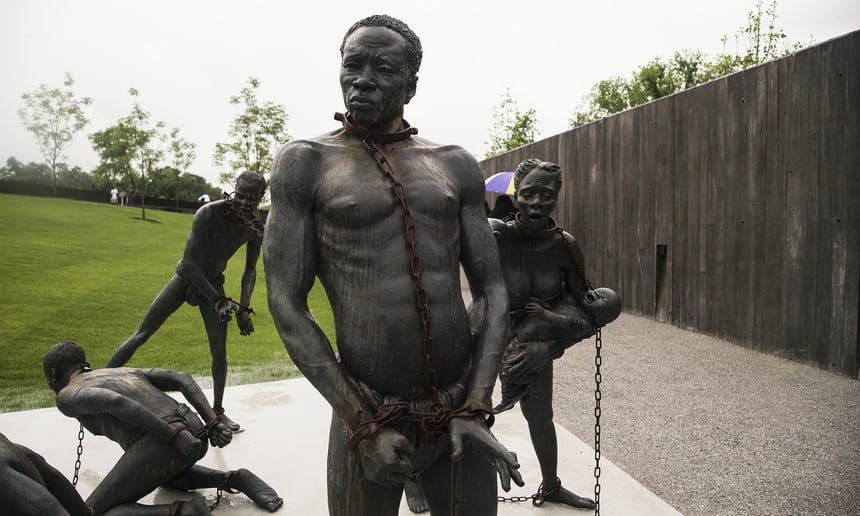Cory Booker (D-N.J.) is running for President in 2020 and recently secured 12 co-sponsors for a reparations bill. The bill would would create a commission to study the impact of slavery and offer proposals to compensate descendants of slaves for centuries of injustice. A Hearing on the bill is set to take place next week at The House Judiciary Subcommittee on the Constitution, Civil Rights and Civil Liberties, featuring Ta-Nehisi Coates, author of “The Case For Reparations” and Danny Glover. The bill is unlikely to pass in the Senate and thus Buying Black is our primary strategy towards economic independence. Still, there is plenty to repair for, beyond slavery.

Brown vs. Board of Education was a landmark case that led to the desegregation of schools across America, at least in theory. In response to the mandate to desegregate, there were states that simply opted to shutdown schools, instead. In Arkansas, for example, the Governor opted to simply shutdown the schools and worked feverishly to funnel funding to private, segregated schools for whites. Many Blacks went without education, for a time. Education is the cornerstone of any people’s advancement and journey to self determination. To deprive citizens of education, as state policy, certainly presents a case for reparations.

The Federal Housing Administration was created, in large part, to help everyday Americans achieve the dream of homeownership. Blacks, however, were largely excluded. “Banks, policymakers and real estate agents prevented most black families from buying a home with a mortgage at a fair price or in majority-white neighborhoods through a process known as redlining,” as the Chicago Sun-Times reported. A recent study found that between 1950 and 1970 Blacks in Chicago lost “at least $3.2 billion in today’s dollars because of racist real estate policies and predatory contracts.” In just 20 years, in one city, Black people lost billions — with a b — and the same is certainly true across the country. Surely this presents a clear case for reparations.

On October 1, 1962 James Meredith became the first Black student to enroll at the University of Mississippi. The University of Mississippi is a public institution, meaning Black folks had paid taxes to support the institution (roughly) since it was chartered in 1844. Indeed, such was the case around the country. Even in more “liberal” places where Blacks could technically attend, before the federal government took a more active role the number of Black students was always limited. All the while Black people paid taxes to states and the federal government. Schools, hospitals and a variety of other public institutions were denied to Blacks as they were partially funded by Black tax dollars. A “minority” scholarship here or there simply doesn’t satisfy the backpay owed.

There are an unlimited number of cases to be made for reparations that extend well beyond slavery. While it may be the just thing to do, only time will tell whether or not it will come to fruition. Still, we need not wait for an act of Congress to create opportunities for Black people. Each day that we spend our dollars, we have a choice to rebuild and replace — rebuild our communities and replace the habit of funding our oppression with the practice of financing our liberation. We Buy Black isn’t simply a name or catchy concept. Rather, it is a recognition that having been oppressed, we must trust and depend on each other for self-healing.








